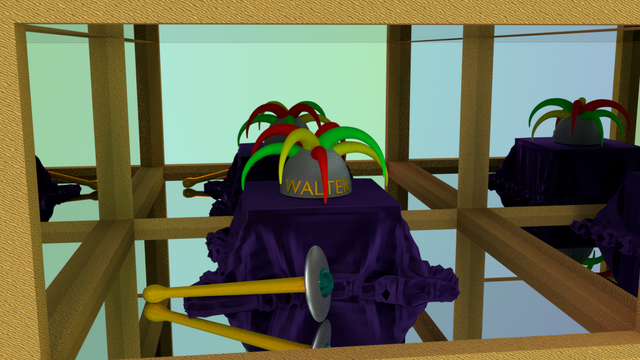Greers Meeting Planner
Paranormal Adept
Sorry if this already got covered off in other comments but Amen to Paul Kimball on calling out the 'I know what I saw" documentary title
It's one that has always frustrated me.
A better title would be: I think I saw something, I think I still remember it accurately and it was nothing I can identify from my life experience so far
Another opportunity for me to plug a series by Dr David eagleman on the brain and how it works. A must for anyone who builds their UFO paradigm on the validity of anecdotes and human testimony
It's one that has always frustrated me.
A better title would be: I think I saw something, I think I still remember it accurately and it was nothing I can identify from my life experience so far
Another opportunity for me to plug a series by Dr David eagleman on the brain and how it works. A must for anyone who builds their UFO paradigm on the validity of anecdotes and human testimony




